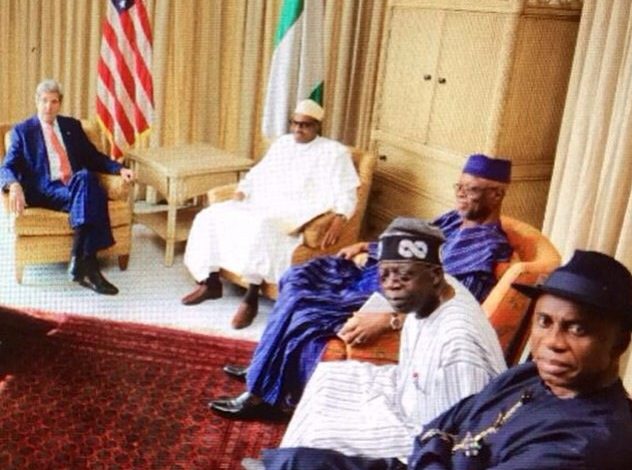
Former Minister of Transportation, Chief Rotimi Amaechi has spoken for the first time on the claims surrounding his meeting with American officials during the Goodluck Jonathan administration.
The former Rivers State governor addressed the issue publicly in Abuja, insisting the engagement was simply about ensuring a peaceful election.
Amaechi reacted to long-running allegations that opposition leaders had urged the Americans to intervene against the PDP government under the pretext of “Christian genocide in Nigeria.”
The ADC presidential hopeful dismissed the entire narrative, saying it was never discussed.
At the National Conference of Editors, Amaechi made it clear that nothing secret took place.
In his words, “There have been talks about some clandestine meetings in America. No, there was no meeting in America like that. There was absolutely no meeting in America like that. There was just one meeting, and we were invited… The question was from the Americans – look, we don’t want violence in this election…”
He stressed that the focus of the discussion was the need to avoid unrest during the election period, not foreign interference or any plot against Jonathan.
Amaechi also took time to talk about the state of journalism in Nigeria. He argued that media practitioners were more aggressive during the military era than they are under democratic rule. He questioned why many journalists no longer challenge leaders openly.
He said, “I have friends who are editors… what has changed in journalism because they’re no longer fighting?” He noted that the press played a major role in ending military rule and wondered if the same energy still exists today.
The former minister criticised what he described as growing ethnic loyalty in politics and in the newsroom.
According to him, “As journalists, nobody wants to write against their brother… Nigerians don’t hate bad government, it’s just that the bad president is from another part of the country.”
Amaechi warned that ethnic bias, poverty, and selective criticism are weakening accountability in the country. He said Nigerians must learn to remove bad governments through elections, no matter where the leaders come from.
He explained that insecurity persists because the system has failed to give citizens access to honest means of survival.
“If you don’t provide them with legitimate means of livelihood, they will provide for themselves an illegitimate means of livelihood,” he said.
He argued that Nigeria will only become a true nation when citizens can live and succeed anywhere without discrimination.
In a separate development on the same platform, there were renewed warnings about rising extremist rhetoric in the country. Onoh cautioned that Gumi’s continued justification of violent groups could trigger international action.
He said the cleric’s conduct “fits the global profile of radical sympathisers,” insisting that the government must investigate every network undermining national security.
He added that President Tinubu must not allow “any individual, however powerful, to sabotage national security or blackmail the state…” noting that such behaviour deepens ethnic and religious cracks in the country.
